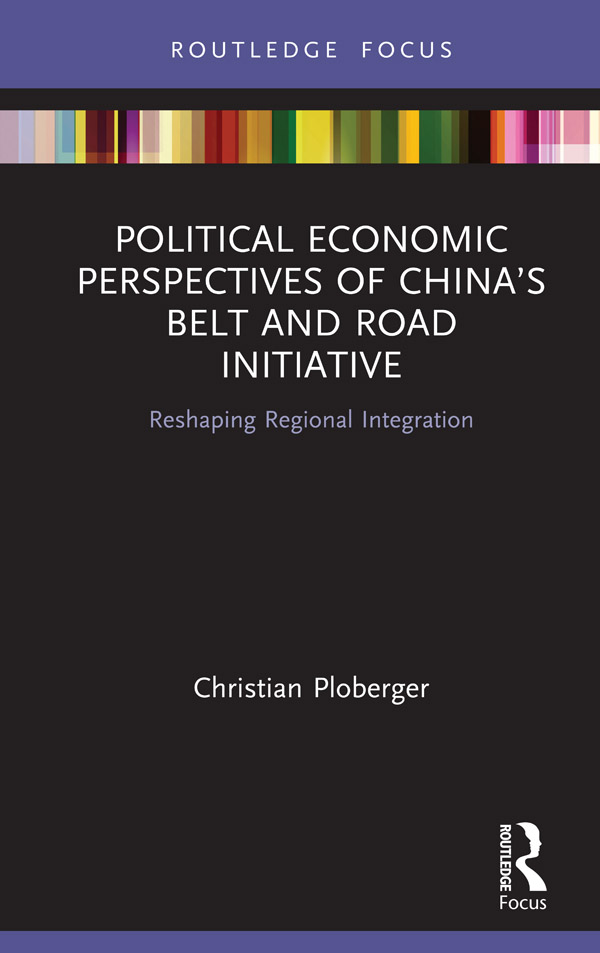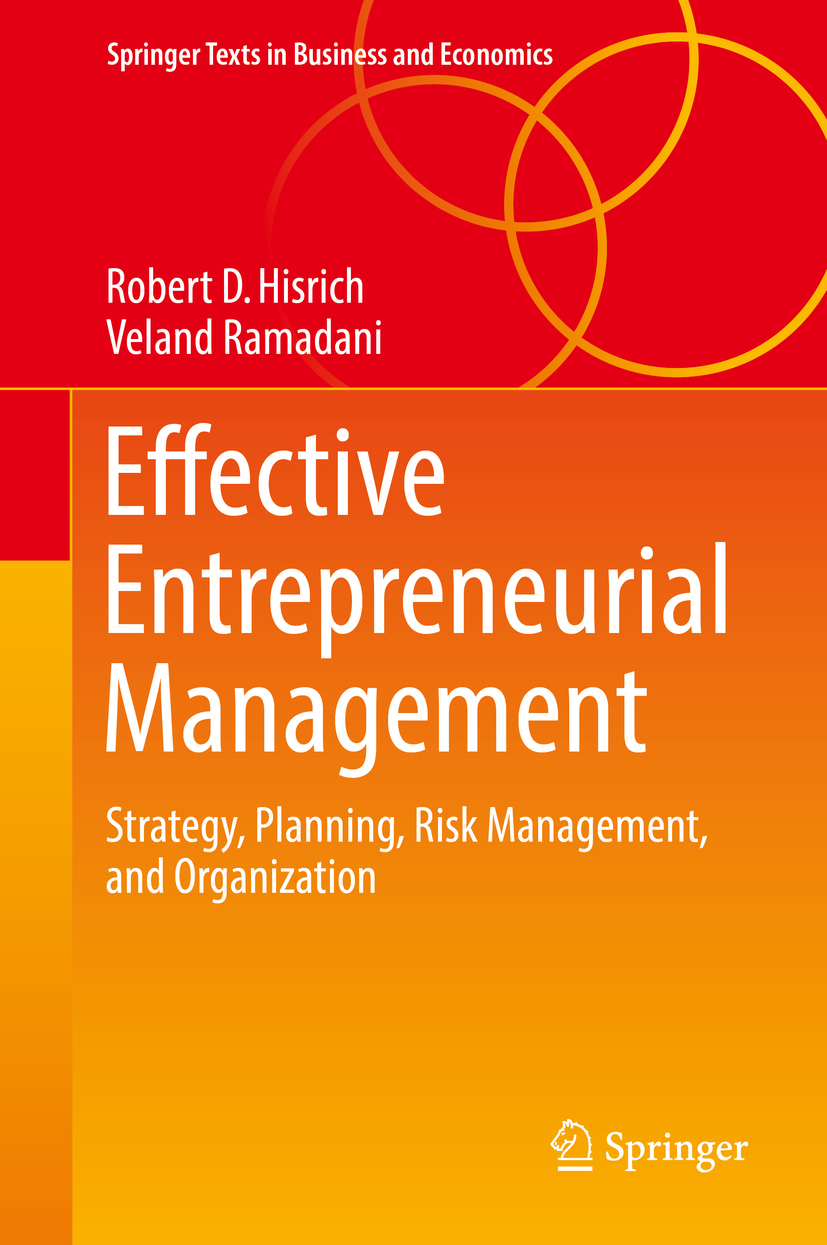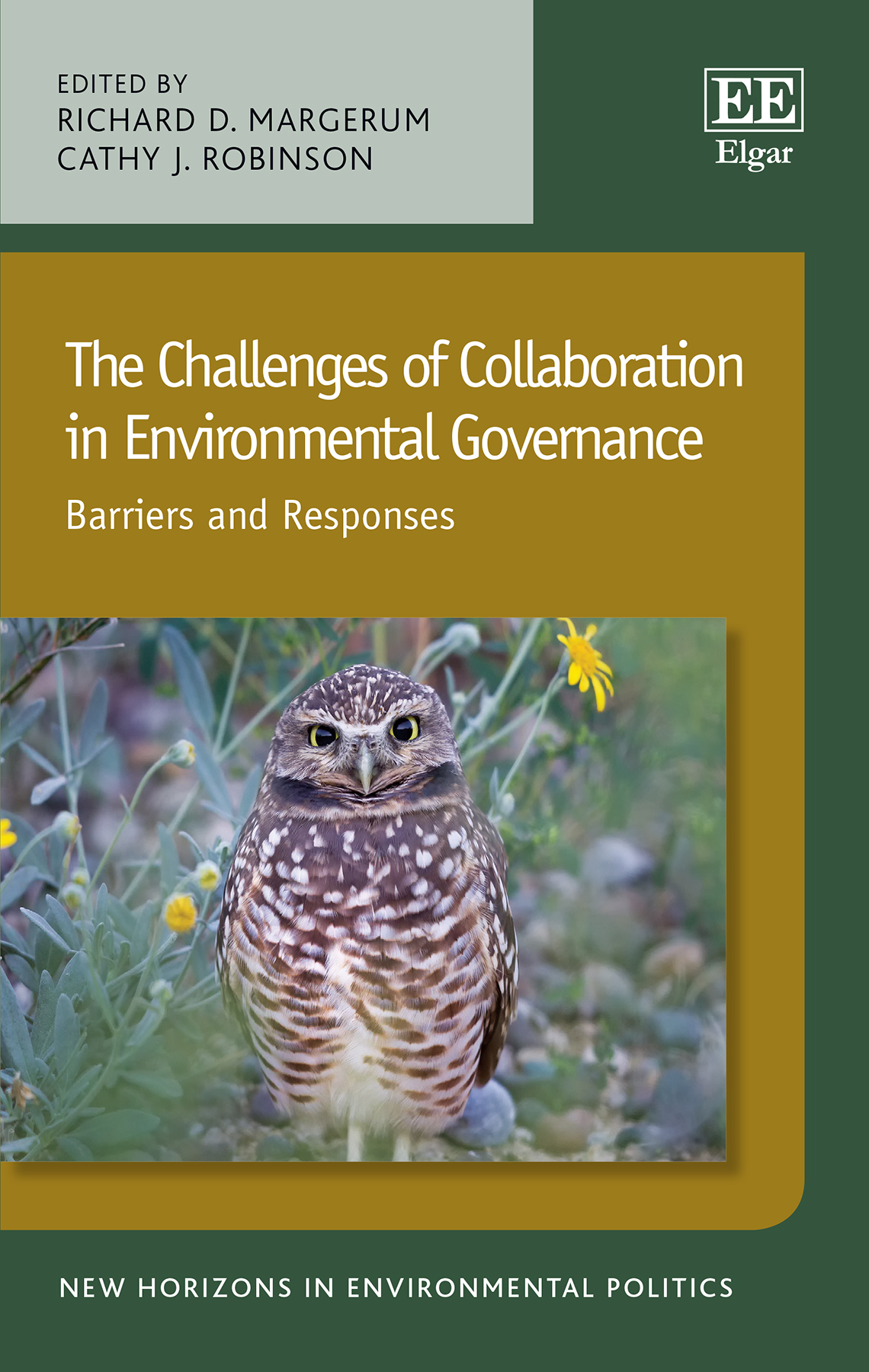This book serves as a great reference for engineering technicians and researchers in a wide range of fields, including emergency management, public safety science, risk management, emergency communication, and transportation optimization. This book carried out researches about the public emergency behavior guidance strategies and methods for major chemical accidents. They put forward the classification model of emergency evacuation events, the selection of public emergency guidance strategies, the quantitative assessment of emergency response risk as well as the characteristics of sub-regional evacuation based on a wide range of theories, including safety engineering, social science, behavioral science, etc. Methods, such as case statistics and analysis, field research as well as modeling and simulation, were applied. Five chapters were covered by the book, including introduction of study background, statistics and analysis of hazardous chemical leakage accidents and emergency evacuation response in China in recent ten years, shelter-in-place risk assessment for high-pressure natural gas wells with hydrogen sulphide, dynamic emergency route planning, and characteristics analysis of sub-regional evacuation.












